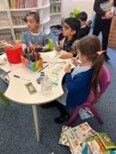
Setting off on our journey
Antonine Primary School in Falkirk hit the ground running with their Reading Schools journey. They had a clear idea of their reading culture and opportunities to develop. Prioritising reading and writing was identified through their school improvement planning, so there was a common focus to drive their activities.
After undertaking reading attitudes studies with both learners and staff, Antonine Primary School introduced a Reading Leadership Group with Primary 7 Pupils, teaching staff, the Deputy Head teacher, and a librarian to promote reading for pleasure across the whole school.
‘Being a mini librarian has helped me get better at my alphabet. I loved making the shelf labels to help everyone find books.’
Reading for Pleasure: The Reading Forest
The leadership group’s first task was to design and develop a Reading Forest: environment and mind-set to encourage and support reading for enjoyment, fostering a love of books and elevating their learners’ experience. The Reading Forest involved:
- Woodland-themed, leafy and tranquil reading areas with forest sounds to evoke the sense of being outdoors
- TREE (Together Reading Excites Everyone) time
- An outdoor library
Having the Reading Forest as a core focus allowed learners to play an active part in planning and implementation. It also raised the profile of reading for pleasure through whole-school investment.
‘I like our new library, I can borrow lots of different books. I like all the books about insects and small animals.”
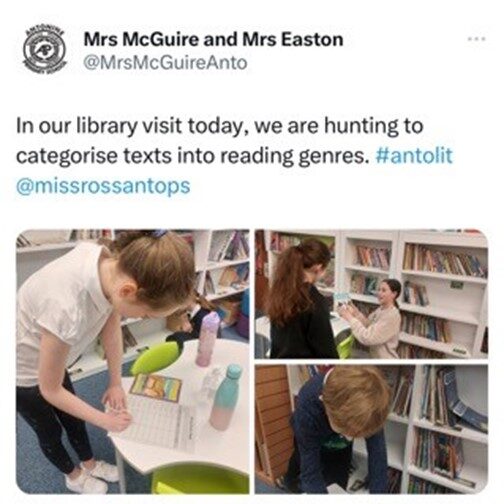
The leadership group were involved in many administrative tasks throughout this process, such as indexing library stock and creating resources.
Since receiving silver Reading Schools accreditation, Antonine Primary have developed two outdoor reading spaces to provide learners with the opportunity of reading for pleasure during school breaks.
Impact on staff
Antonine’s Reading Schools experience was incredibly rewarding for staff. Opportunities arose for them to receive CPD training and become actively involved in the Forth Valley Regional Improvement Collaborative literacy group.
The Reading Forest encouraged free reading time in the classroom and encouraged staff to read too, modelling reading behaviours and supporting learners to find their next great read. Every week, all learners across the school were invited to read for pleasure through a whole school initiative TREE (Together Reading Excites Everyone), where rainforest music is played through the school tannoy. When they hear this music, all learners pick up their chosen book and enjoy some quiet reading time. Staff also plan for reading aloud to their class twice per week through Forest Rangers.
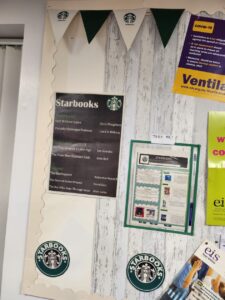
‘The children are really enjoying seeing me read during TREE and will often ask what the book is.’
‘My class are constantly checking me for updating my door sign to make sure I have added my new book to this.’
Opportunities were created for more conversations around books using resources like Book Jenga, monthly reading polls, book discovery QR code hunts and building scenes in shoe boxes. This allowed teachers to understand learners’ interests better and find enjoyable and sometimes challenging texts.
Staff also increased their knowledge of contemporary children’s literature by using Scottish Book Trust resources and engaging with programmes such as Authors Live. Activities and resources were actively shared among staff, creating a positive culture for professional development. We now also have a Star Books display in the staffroom, displaying termly newsletters and suggested contemporary literature for teaching staff to use with the class. We liaise closely with our local librarian to update this termly. Similarly, all classes across the school have a Reading Spine box informed by Talk for Writing. This provides each class teacher with a range of quality literature to explore with their class throughout the session.
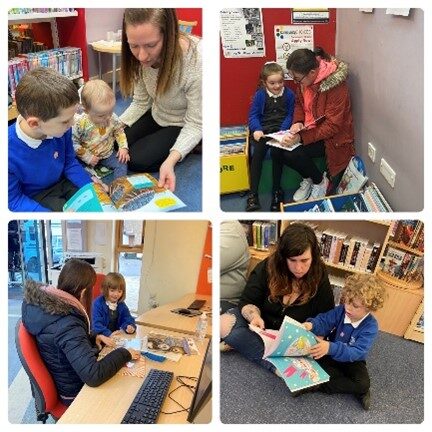
Supporting families
By surveying families and learning about their reading habits, Antonine developed a range of opportunities to meet families’ needs, from building networks with the local library service to launching home reading challenges. The gap between home and school was closed, with families engaging in community book hunts and activities on social media, building on rich foundations and helping to foster a love of reading at home as well as at school.
‘It allows us to have some nice quiet family time together. It feels like we are all going off on an adventure together.’
“[I enjoy] hearing my child’s reaction to stories – hearing my child’s progress in their own reading – the opportunity to spend quality time with my child.’
In working towards Gold Accreditation this session, both the Staff Improvement Group and School Library group are taking reading for pleasure into the local community with 3 new initiatives: Read While you Wait, Read Enroute and a Community exchange library.
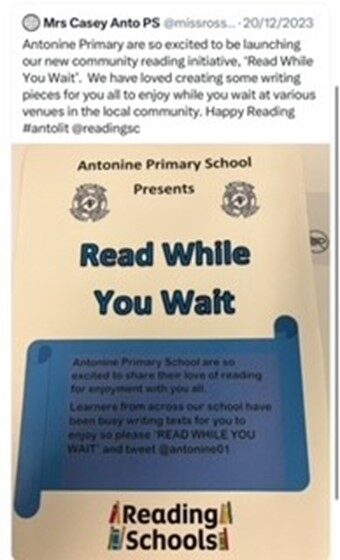
Wider impact
Reading Schools helped Antonine Primary cement reading activities and a framework to monitor their progress and success. Termly reading challenges became mainstreamed and linked to the Reading Forest, organising the schools’ reading activities under one framework.
Creating an evaluated driver diagram helped build momentum behind the fantastic work already undertaken while also identifying areas for improvement. This continues to be an approach we are currently using in aiming towards Gold Reading Schools accreditation.
The programme provided a coherent structure and clear progressive route where all literacy activities would be celebrated and documented, knowing that they would contribute to the school’s wider aims and priorities. Reading Ambassadors are celebrated weekly at whole school assemblies. What Reading Looks Like at Antonine, a reading policy, has been developed to provide all staff with an overview of all reading for pleasure initiatives that are now embedded across Antonine Primary School.

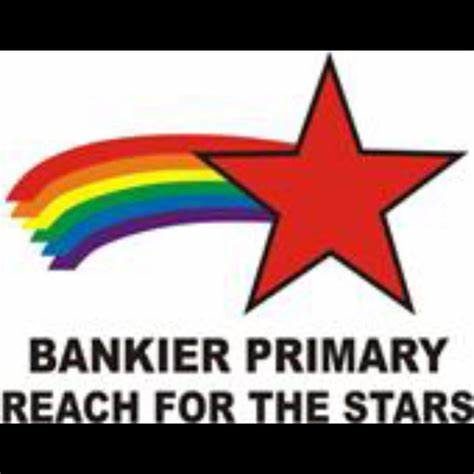

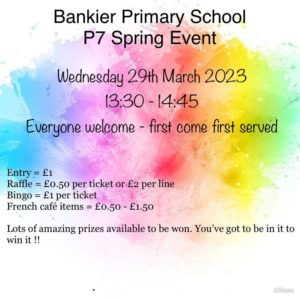


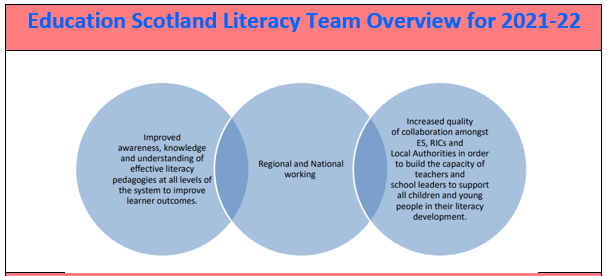
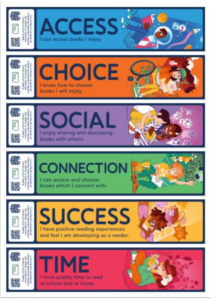
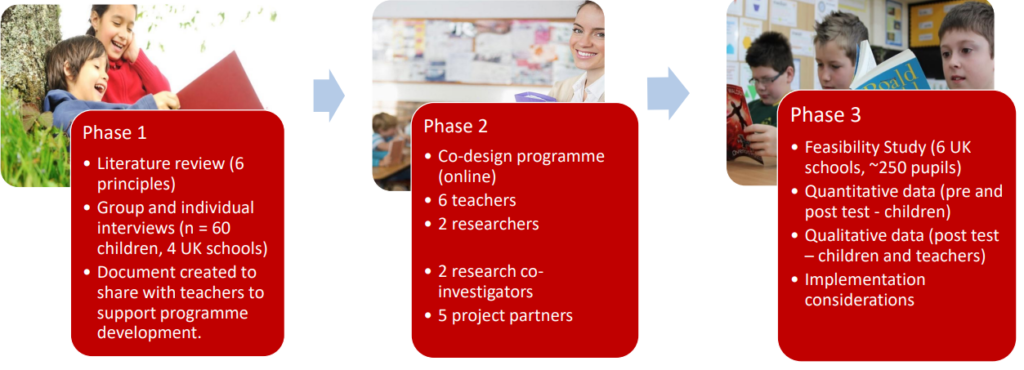
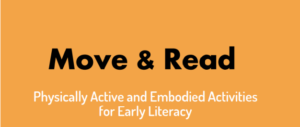
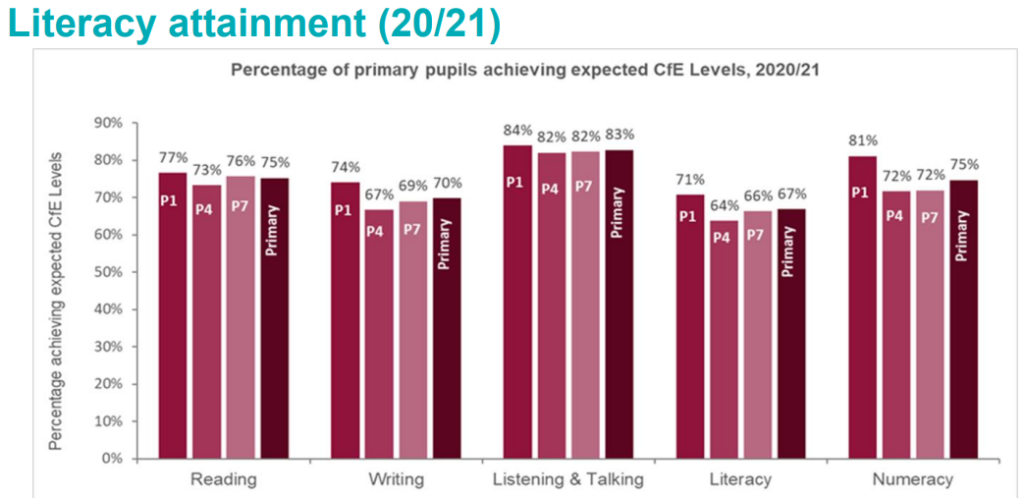
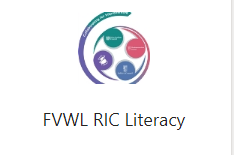

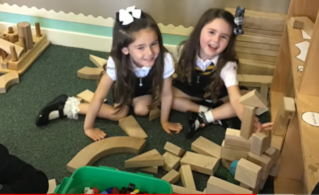
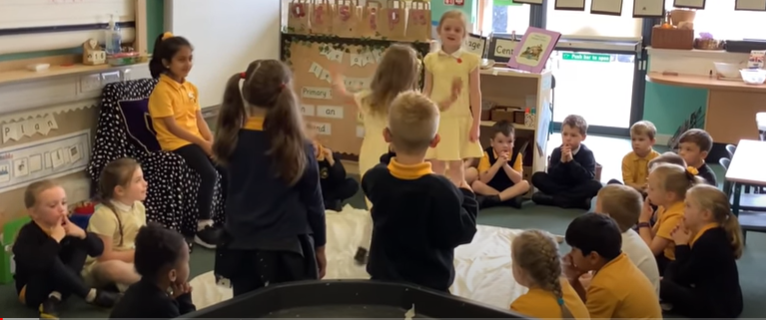
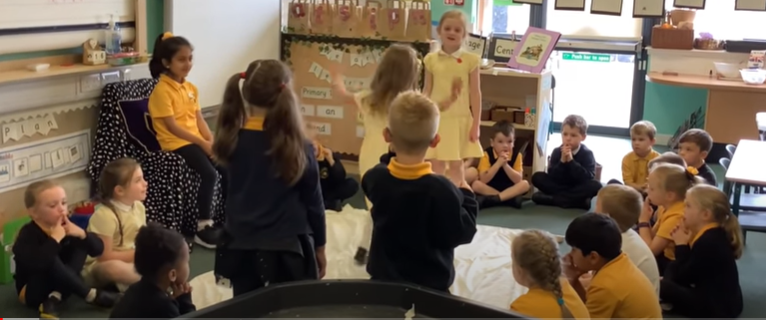
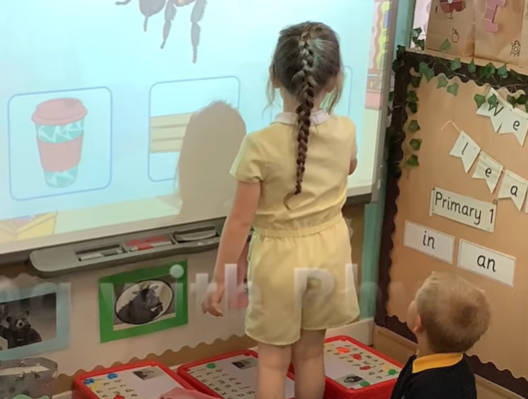
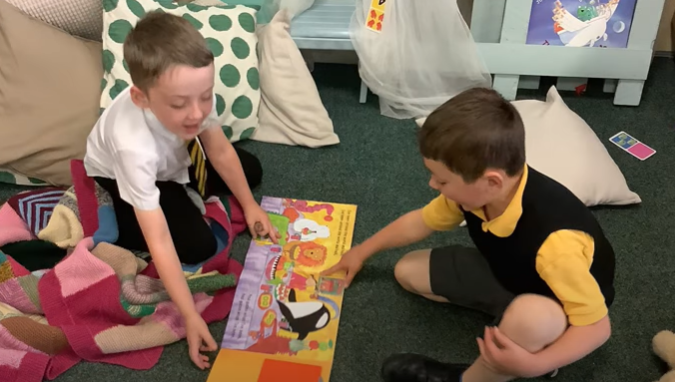
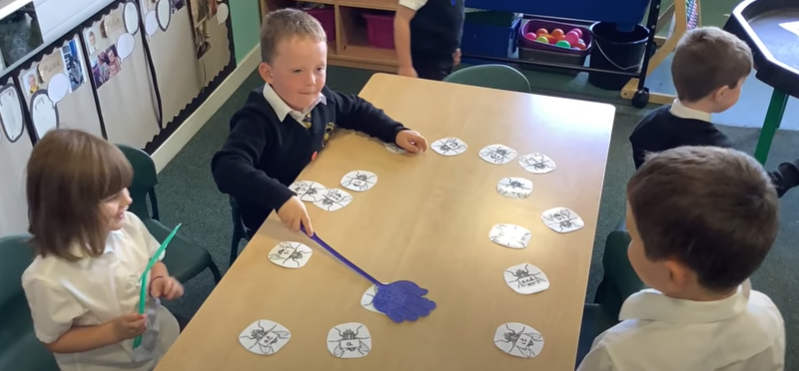
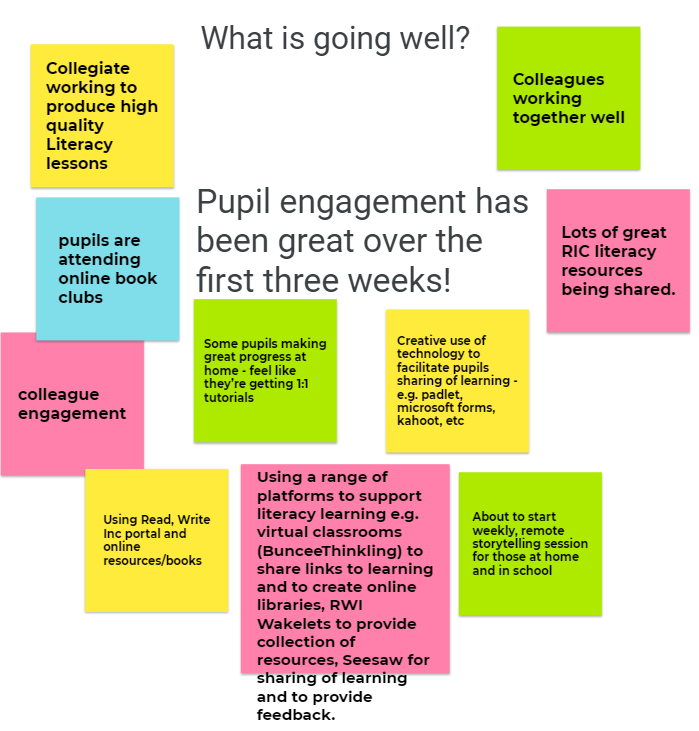
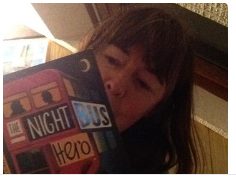

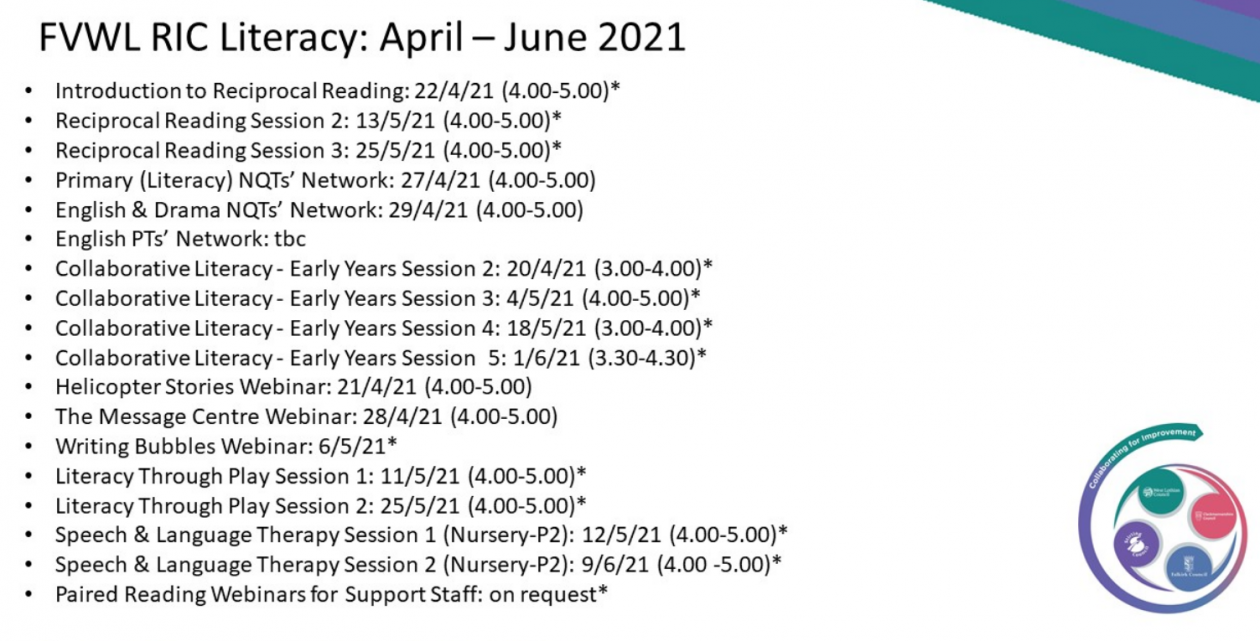




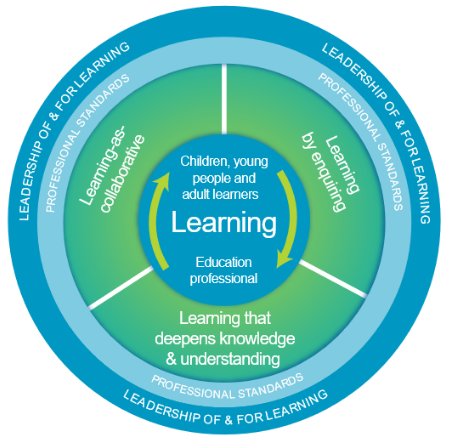
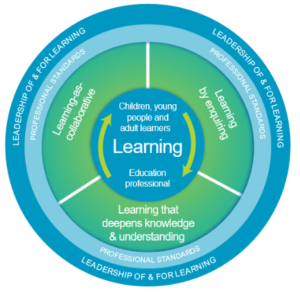 Falkirk Children’s Services Literacy Team would like to wish all colleagues a Happy New Year and heart-felt good wishes for 2021. This succinct post collates sources of support for remote literacy teaching and learning from local, regional collaborative and national sources. Please contact us using the email details at the end of this post for further support or to share other valuable sources with Falkirk colleagues.
Falkirk Children’s Services Literacy Team would like to wish all colleagues a Happy New Year and heart-felt good wishes for 2021. This succinct post collates sources of support for remote literacy teaching and learning from local, regional collaborative and national sources. Please contact us using the email details at the end of this post for further support or to share other valuable sources with Falkirk colleagues.


